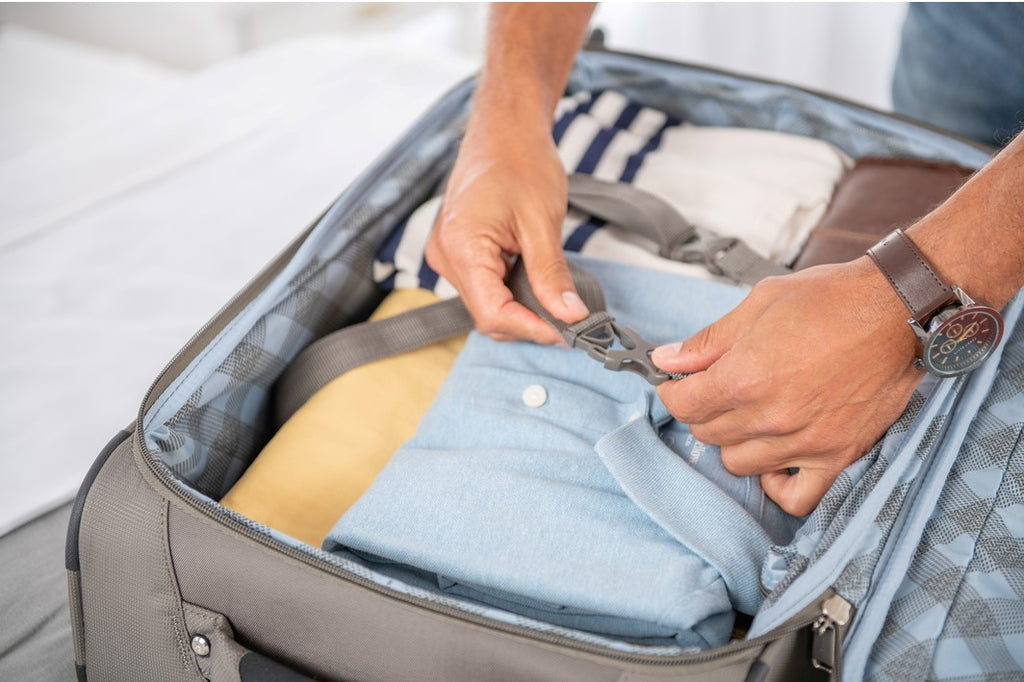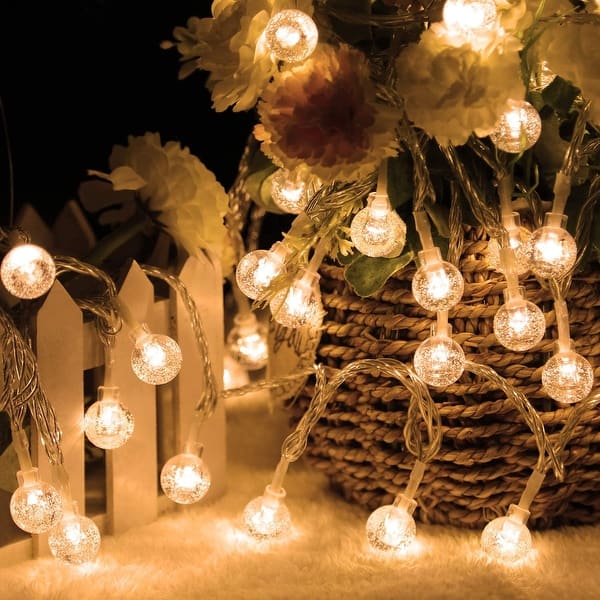
Lead Tackle Exchange – Coastal Rivers Conservation Trust
You Can Save a Loon’s Life There are two easy ways you can help protect loons: 1.Retrieve all fishing tackle and broken line when you are fishing. Be sure to dispose of the broken fishing line in a trash receptacle to prevent it from entangling wildlife. 2. Use only non-toxic fishing tackle. Sinkers and jigs do not have to be made out of lead. Inexpensive, effective, and safe alternatives have been developed from non-toxic materials like tin, bismuth, steel, and ceramic. They work just as well as lead. Get the lead out by buying non-toxic tackle and swapping your existing … Lead Tackle Exchange Read More »
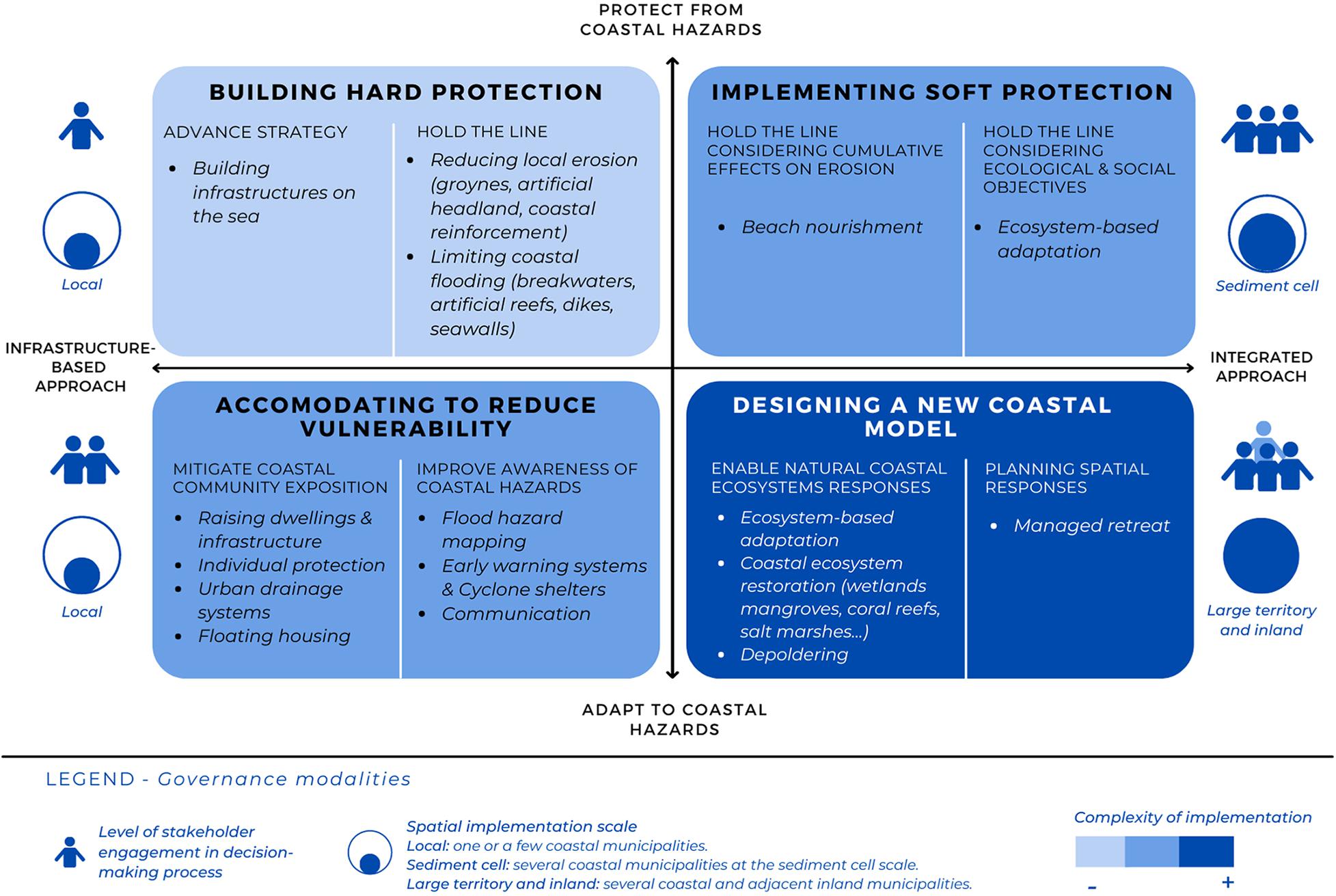
Frontiers Designing Coastal Adaptation Strategies to Tackle Sea Level Rise

The Fraser River Delta Collaborative: Advancing Design for Sea Level Rise in the Fraser River wins 2022 CSLA Award of Excellence
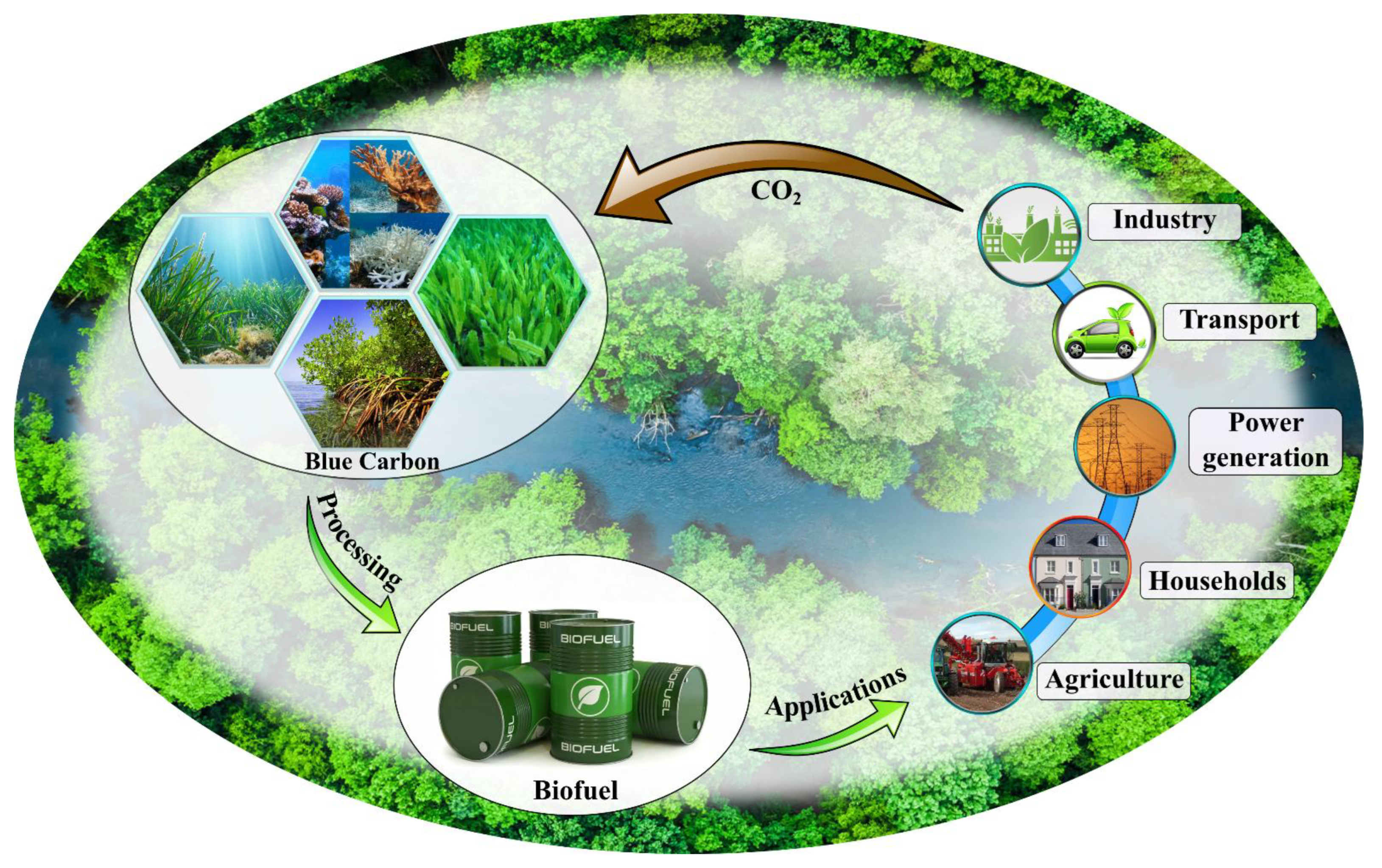
Sustainability, Free Full-Text
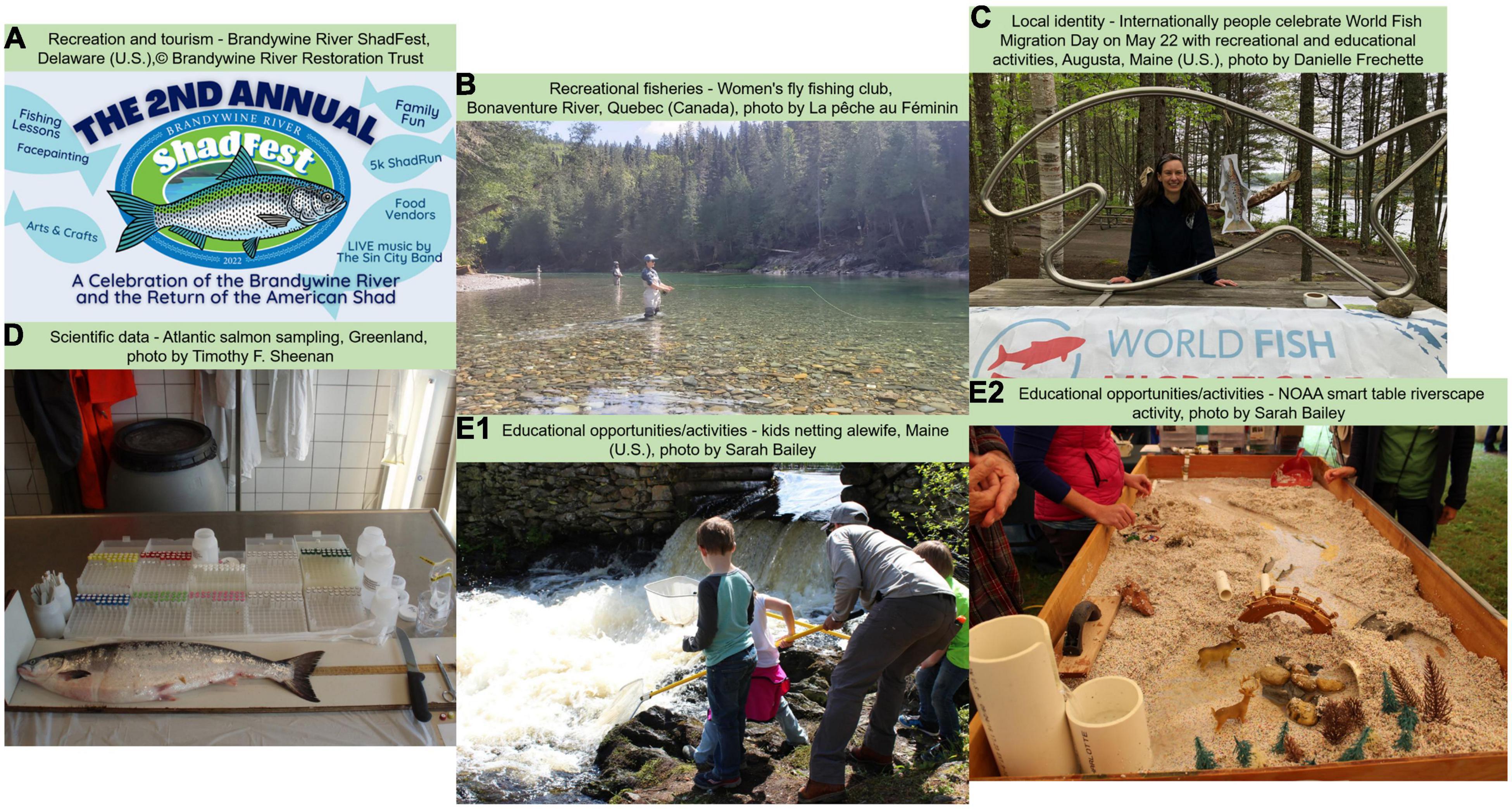
Frontiers The diadromous watersheds-ocean continuum: Managing diadromous fish as a community for ecosystem resilience

Round Top Farm – Coastal Rivers Conservation Trust

Coastal Rivers Conservation Trust

Are We Taking the Safety of Trout Too Far? - Troutbitten

Deforestation by continent - Wikipedia

Rising tides, ruined fields show how Bangladesh's farmers grapple with climate change
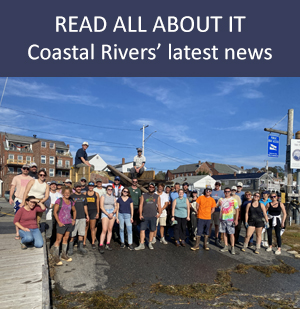
Home – Coastal Rivers Conservation Trust
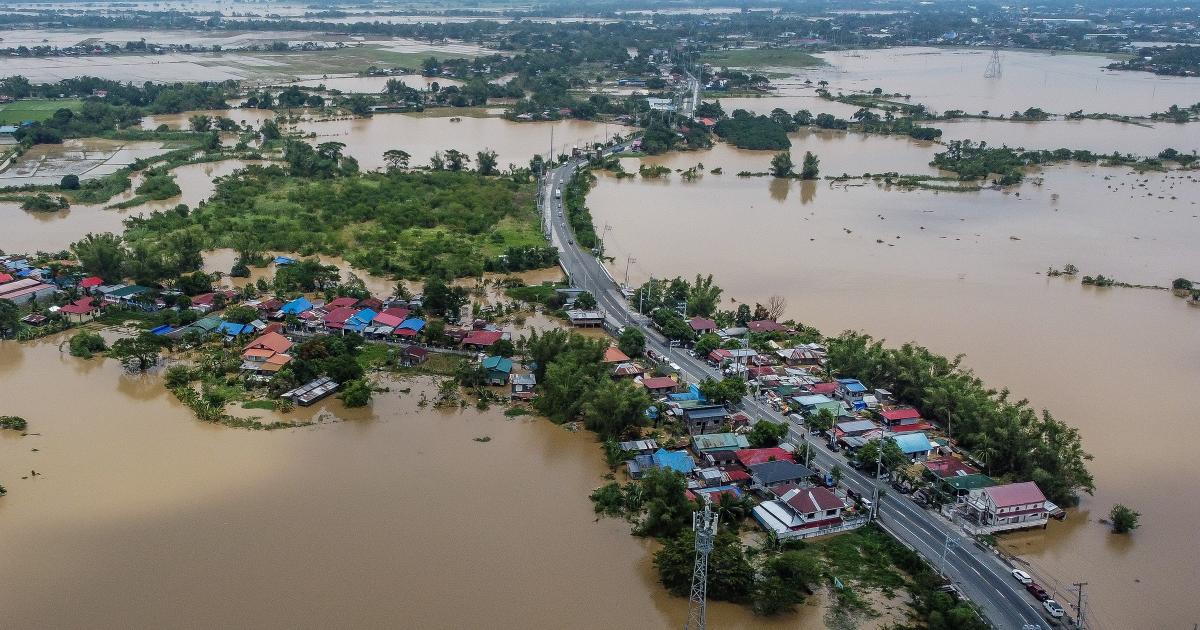
Effects of Climate Change - Impacts and Examples

Lawmakers consider additional fishing tackle restrictions to curb lead poisoning in Maine loons

Home – Coastal Rivers Conservation Trust
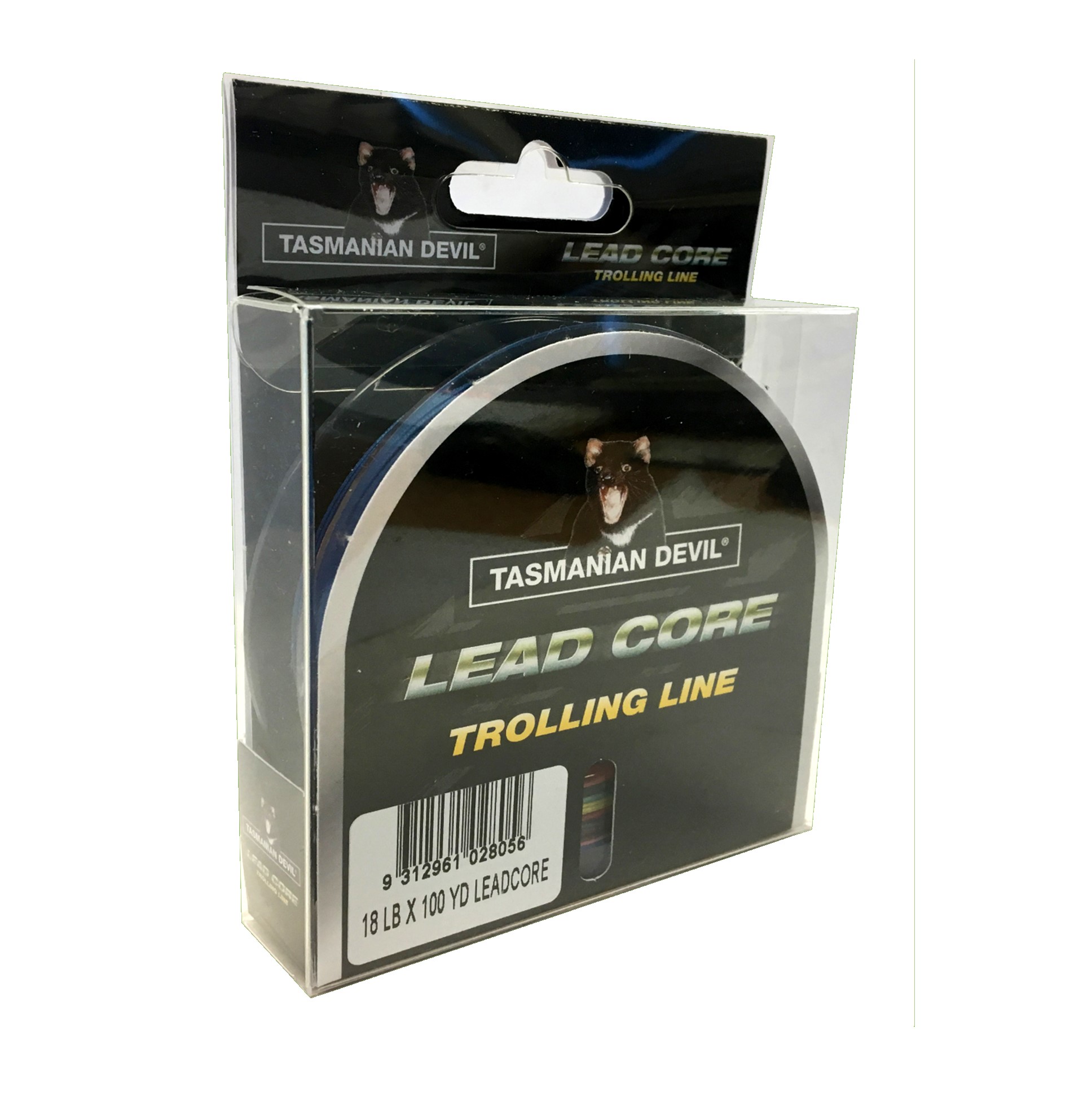
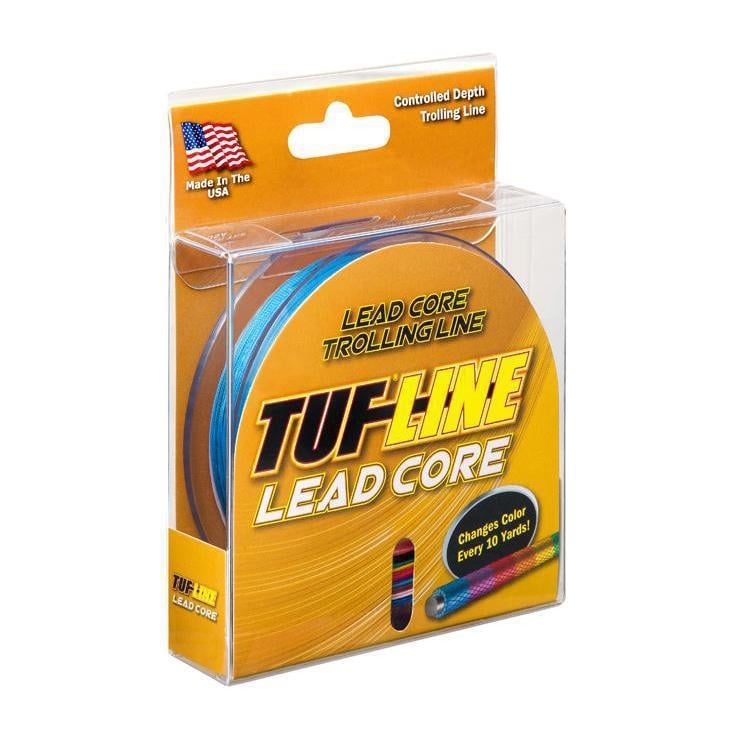
))/3763541.json)



